Material Range
At Uniplast, the search for new materials is always aimed at finding the ideal solution for technical products that must meet high performance requirements, both mechanical and application-specific. The highest material quality is achieved by studying them side by side with raw material suppliers and final product users.
THE RANGE
Wide selection of materials
Our material range includes polycarbonate, PMMA (acrylic), ABS, polypropylene, coextruded polyurethane, thermoplastic elastomers, PVC in various coextrusions and tri-extrusions, polystyrene, and other technopolymers.
We collaborate with specialized suppliers to develop innovative and customized formulations capable of meeting even the most complex requirements.
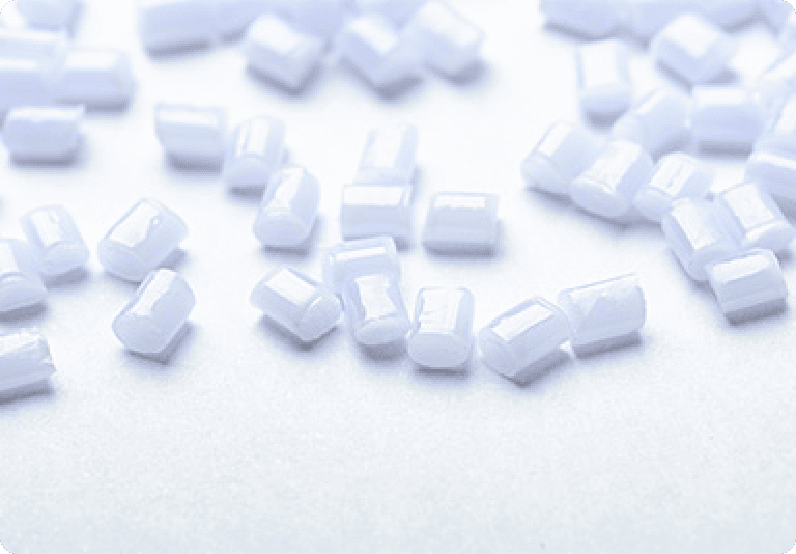
Pc
Polycarbonate
High mechanical impact resistance. Excellent thermal insulation. Excellent basic transparency (used in various applications as a glass substitute). Very lightweight.
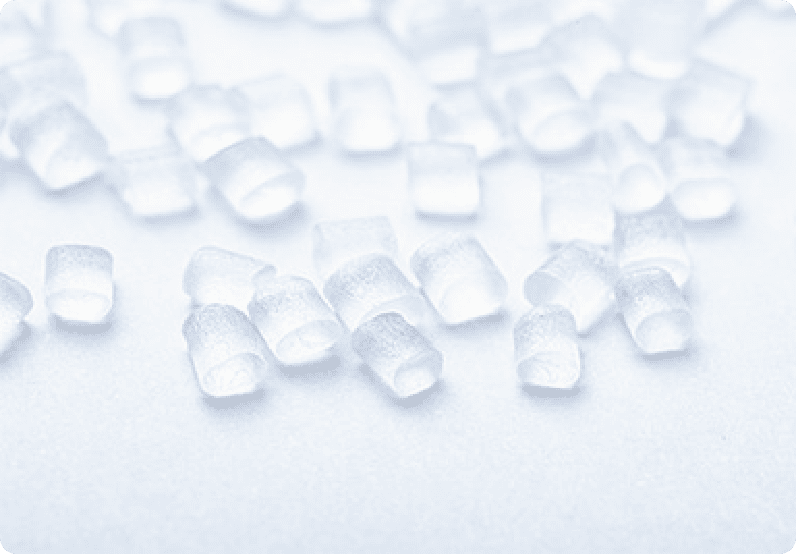
PMMA
Polymethyl methacrylate
Excellent light transmission. Excellent impact resistance. Excellent transparency. Recyclable and environmentally friendly. Good resistance to weathering and chemicals.
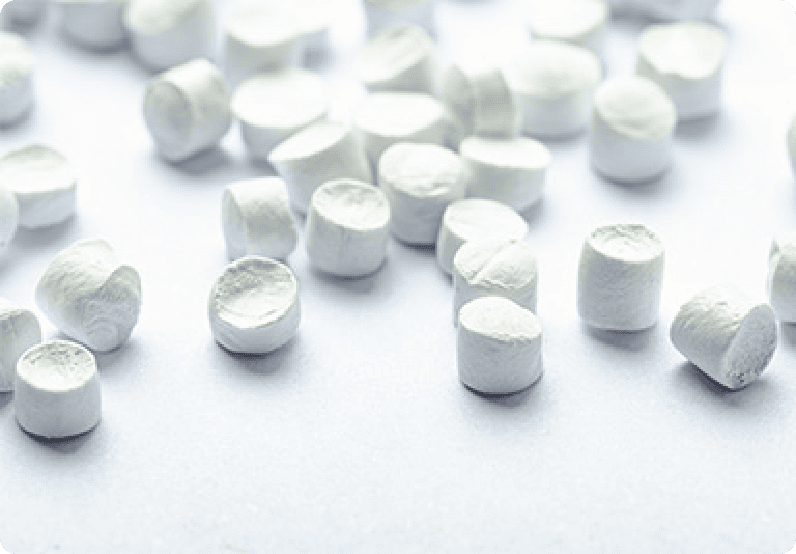
PVC
Polyvinyl chloride
High solidity and elasticity modulus. Excellent fire resistance. Good electrical insulator, low water absorption. Excellent machinability; can be drilled, welded, and glued.
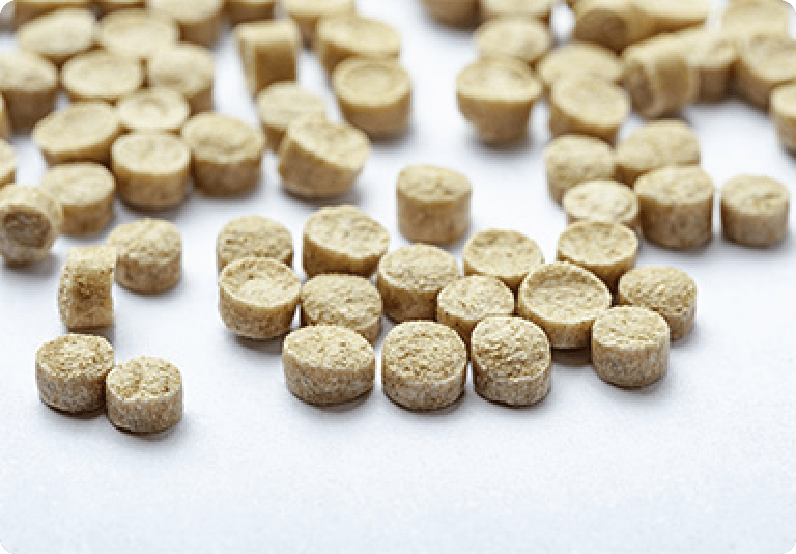
WPC
Wood Plastic Composite
Rigid or foamed PVC, PP or PE base with micronized wood flour and additives. Good resistance to weathering and chemicals and excellent water resistance. Good machinability, suitable for coatings and good thermal insulation.
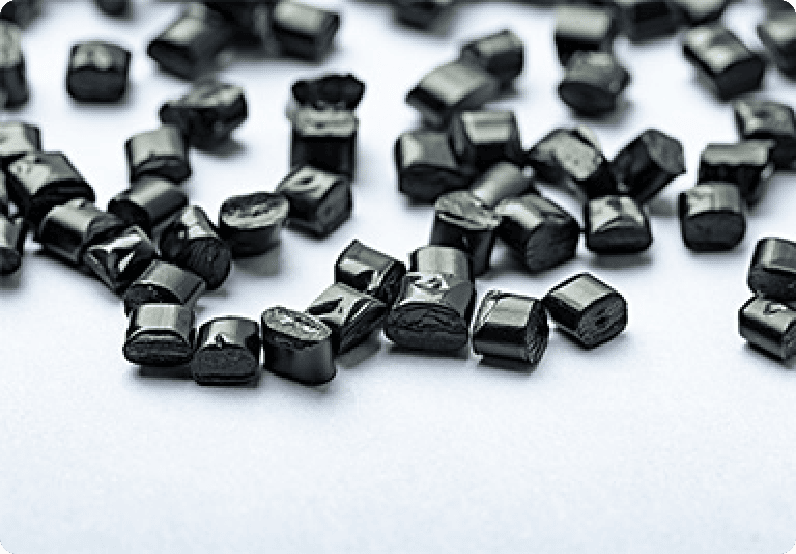
ABS
Acrylonitrile Butadiene Styrene
High hardness. Excellent impact resistance. Excellent electrical resistance. Resistant to water and saline aqueous solutions. Suitable for gluing and welding.
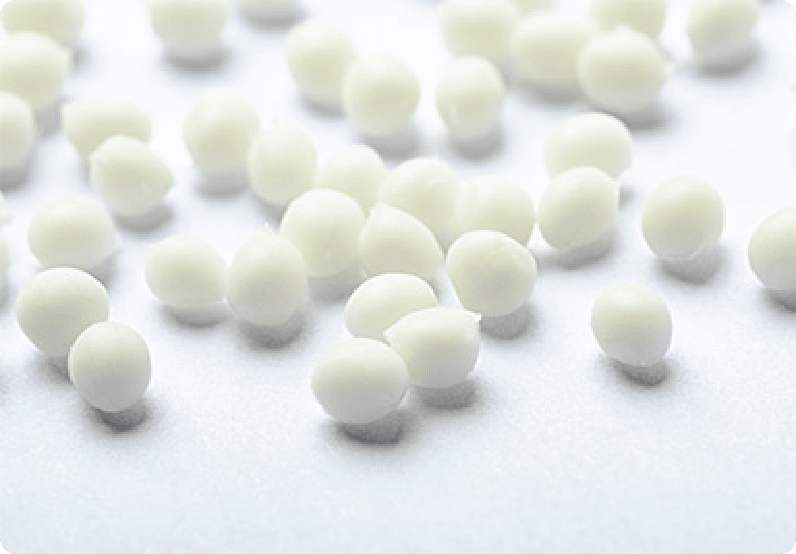
PP
Polypropylene
High chemical resistance. Easy to machine and weld. Good temperature resistance. Recyclable and environmentally friendly.
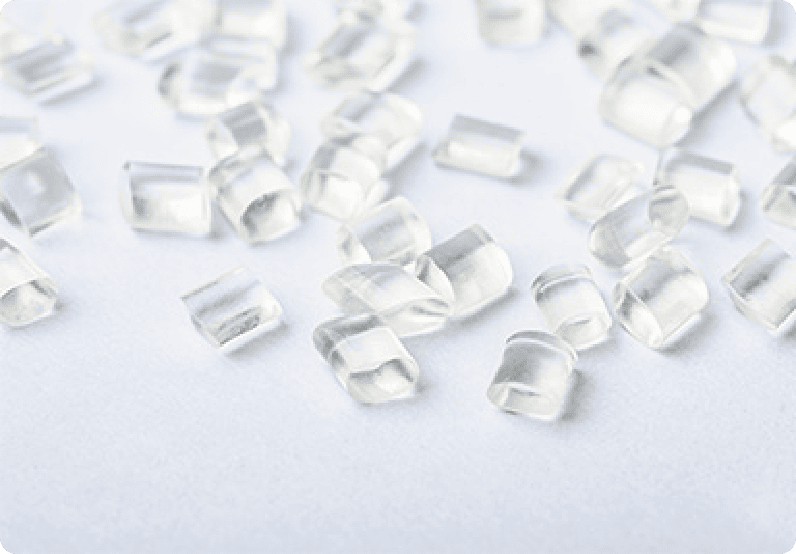
TPU
Thermoplastic polyurethane
High abrasion and tear resistance. Excellent resistance to solvents, gasoline, oils, fats, and minerals.
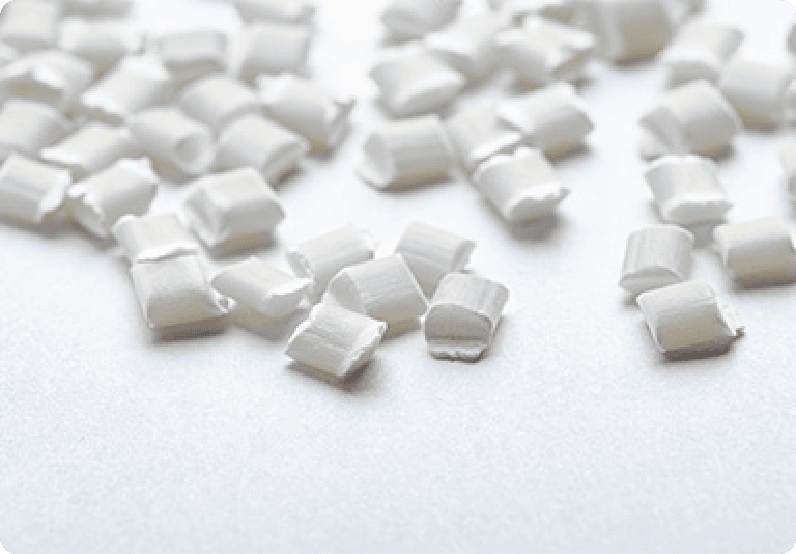
SBS
Styrene Butadiene Styrene
Belongs to the family of Styrenic Thermoplastic Elastomers. SBS is among the most used elastomers for producing various items requiring softness, soft touch, and aesthetics.
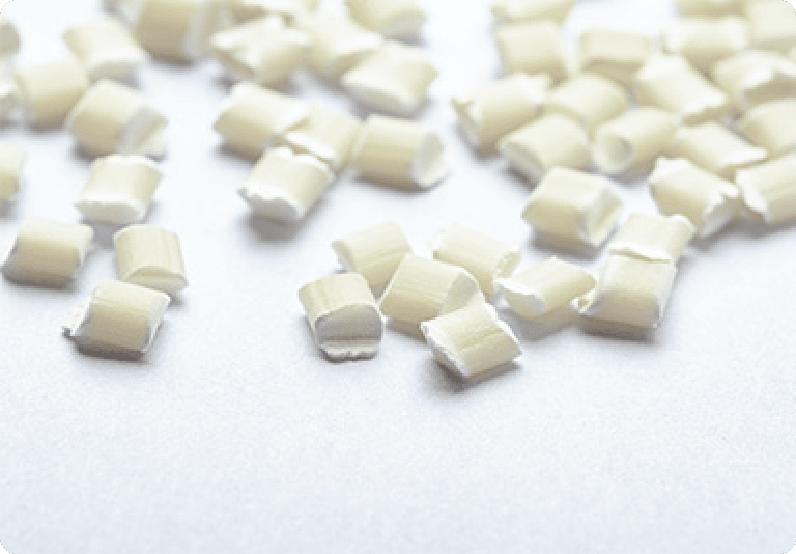
SEBS
Styrene Ethylene Butylene Styrene
More technical and higher performing than SBS in specific applications as it resists UV oxidative degradation better, with an operating temperature up to 120°C.
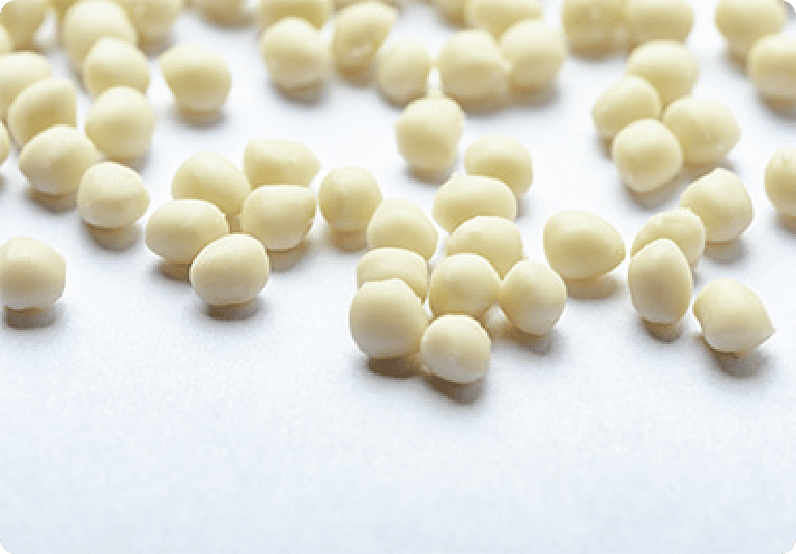
TPV
Vulcanised Thermoplastic
The vulcanization/cross-linking process applied to a polymer offers a combination of excellent thermoplastic, elastomeric properties, hardness, flexibility, and elasticity.

PS
Polystyrene or Styrofoam
Possesses moderate mechanical properties. Resistant to many aqueous chemical agents. Also an excellent electrical and thermal insulator. Significantly lighter than the average polymers on the market.